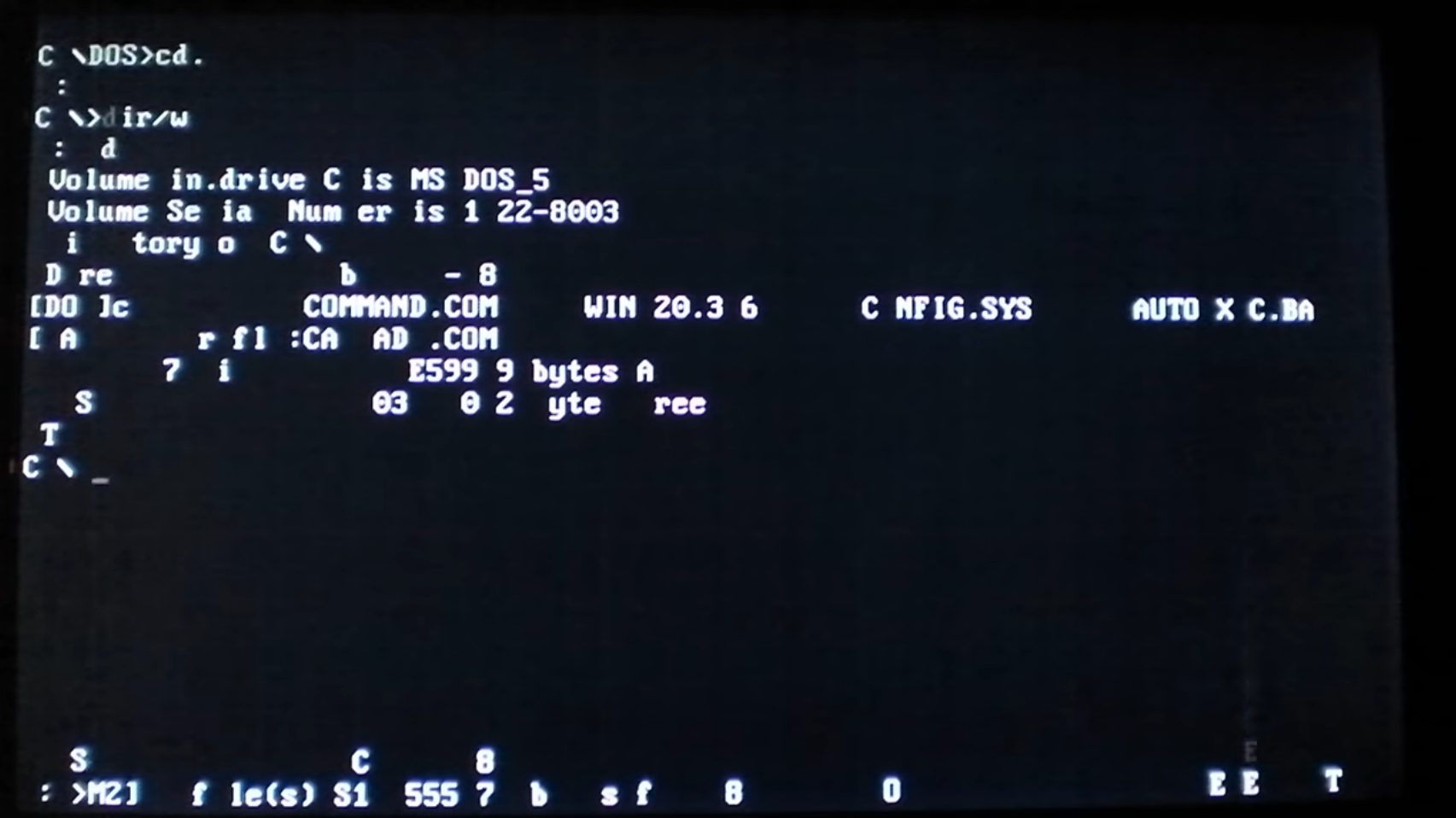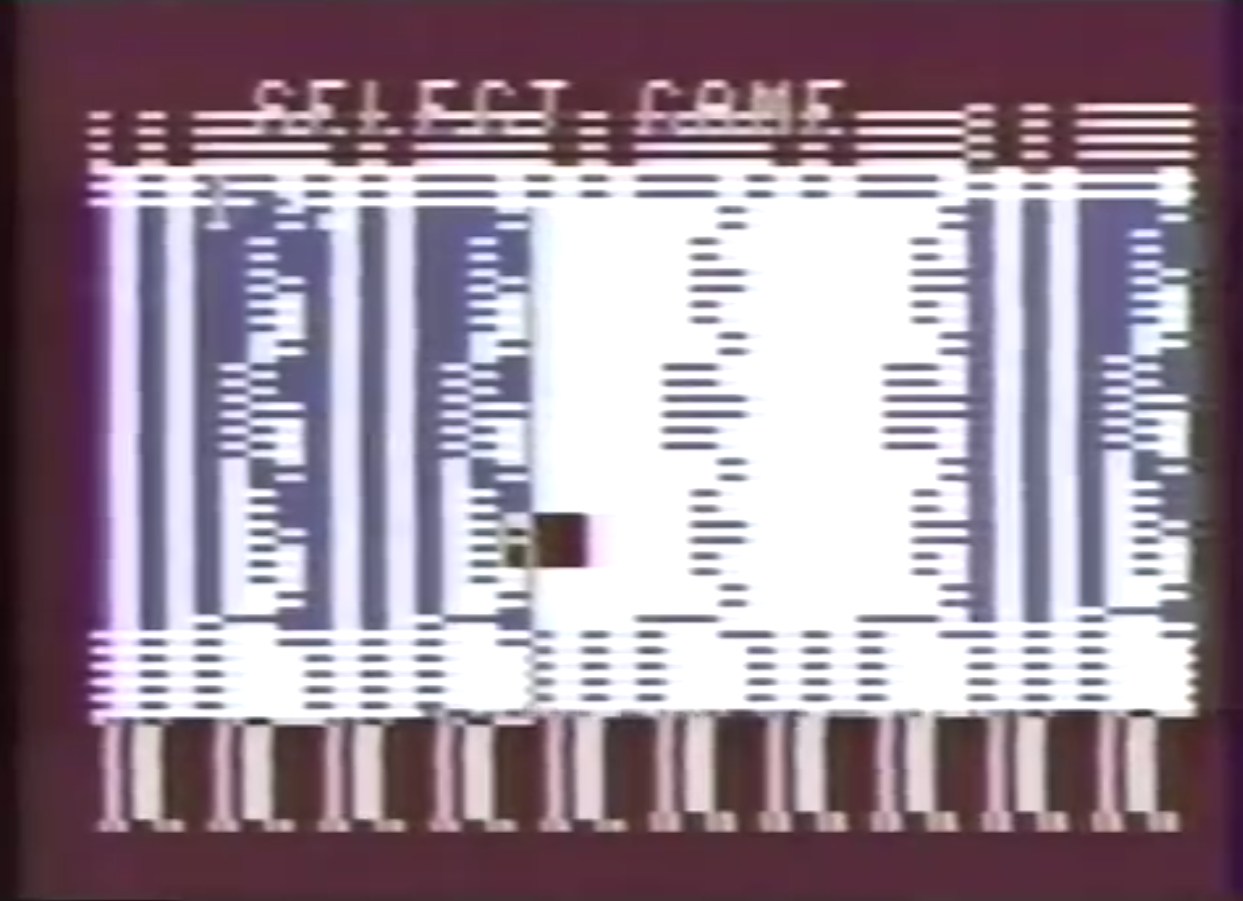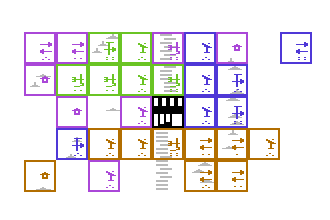My article, “How the Computer Taught Us to See,” is now out with Camera Obscura (Duke University Press)! I’m especially proud of this one: here I use the method of the “horizontal cut” in order to look at the history and development of the visual metaphor of the file, the folder, and the document on the computer desktop as emerging at the same time that racialized medical diagnostic surveillance systems were shifting with regard to the definitions of “queer” and “trans” (or transgender) in the Diagnostic and Statistical Manual, which is still used today by healthcare professionals.
I’m very happy to be able to share a PDF copy of my article on my website so that interested people, including educators and students, can read it if they do not have access to scholarly articles through an institution. You can read and download the PDF of my article below, and you can read the abstract and view the official publication page / citation information on the Camera Obscura website here. Please feel free to read and share widely!





